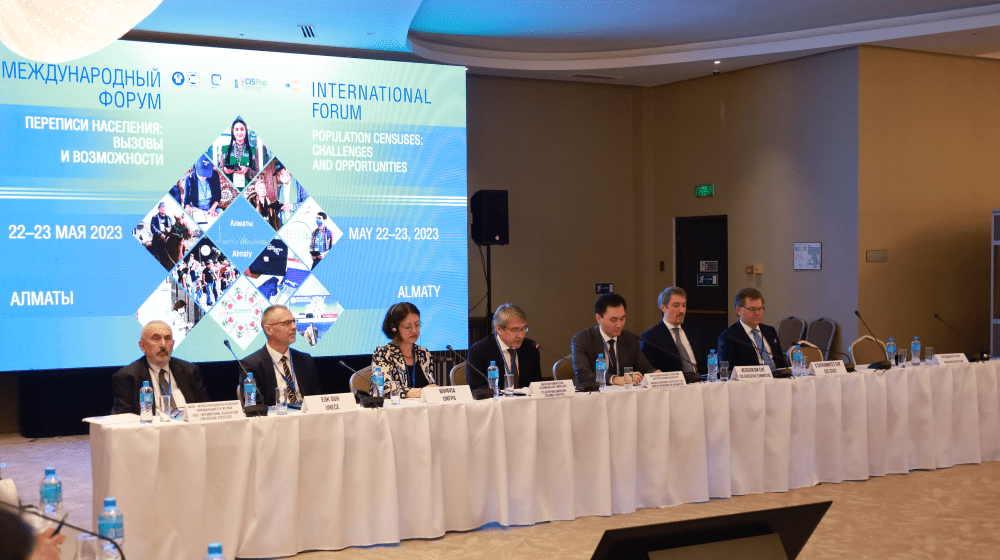On 22 May 2023, a 2-day International Forum on "Population Censuses: Challenges and Opportunities", kicked off in Almaty. It brought together over 140 high-level international participants, including government representatives, representatives from National Statistical Services, statisticians and experts from 10 CIS countries including Armenia; and international organizations.
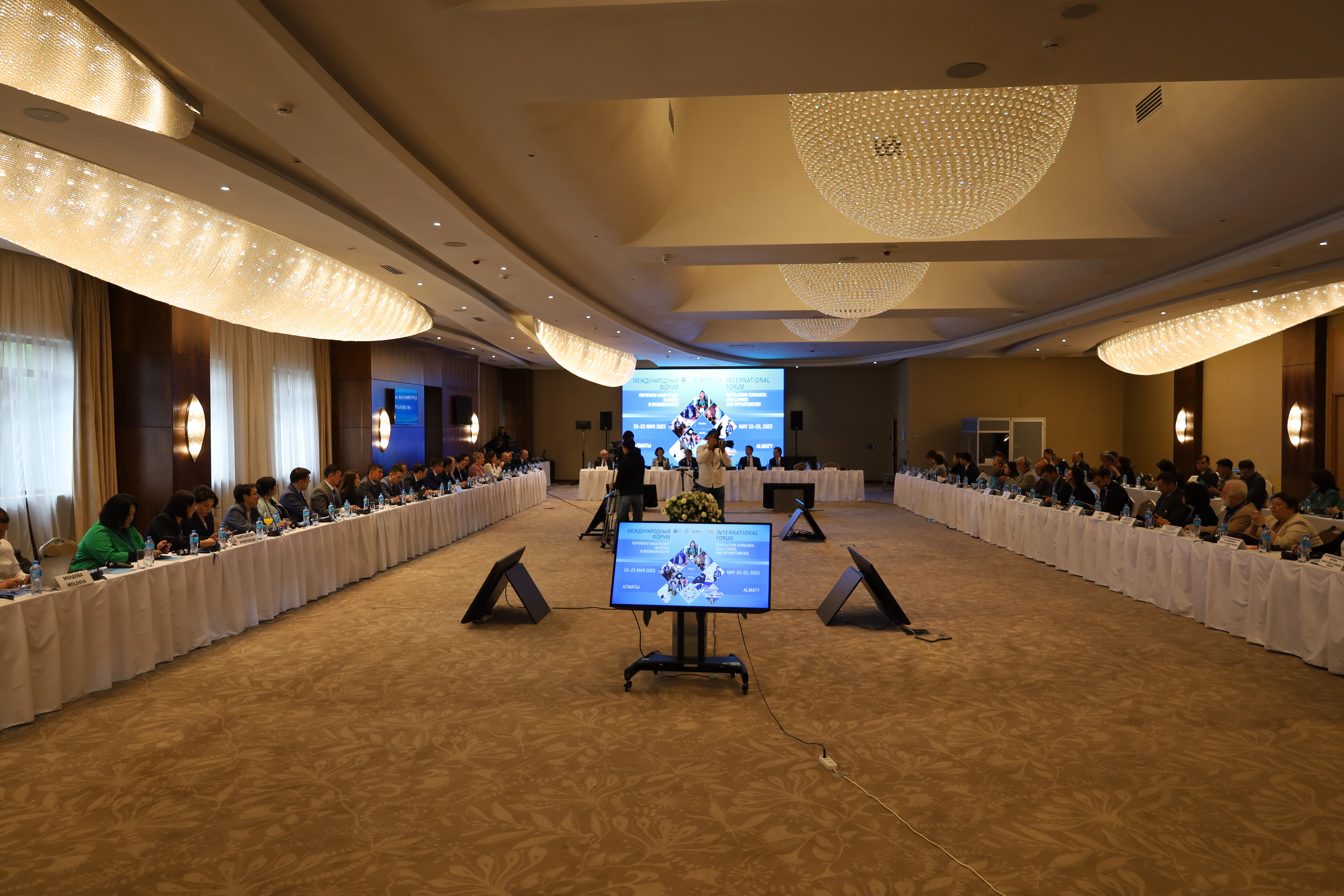
The goal of the Forum is to discuss the planning, preparing, conducting and reviewing the census, and summarizing the lessons learned from the 2020 round of censuses in order to plan for the next round.
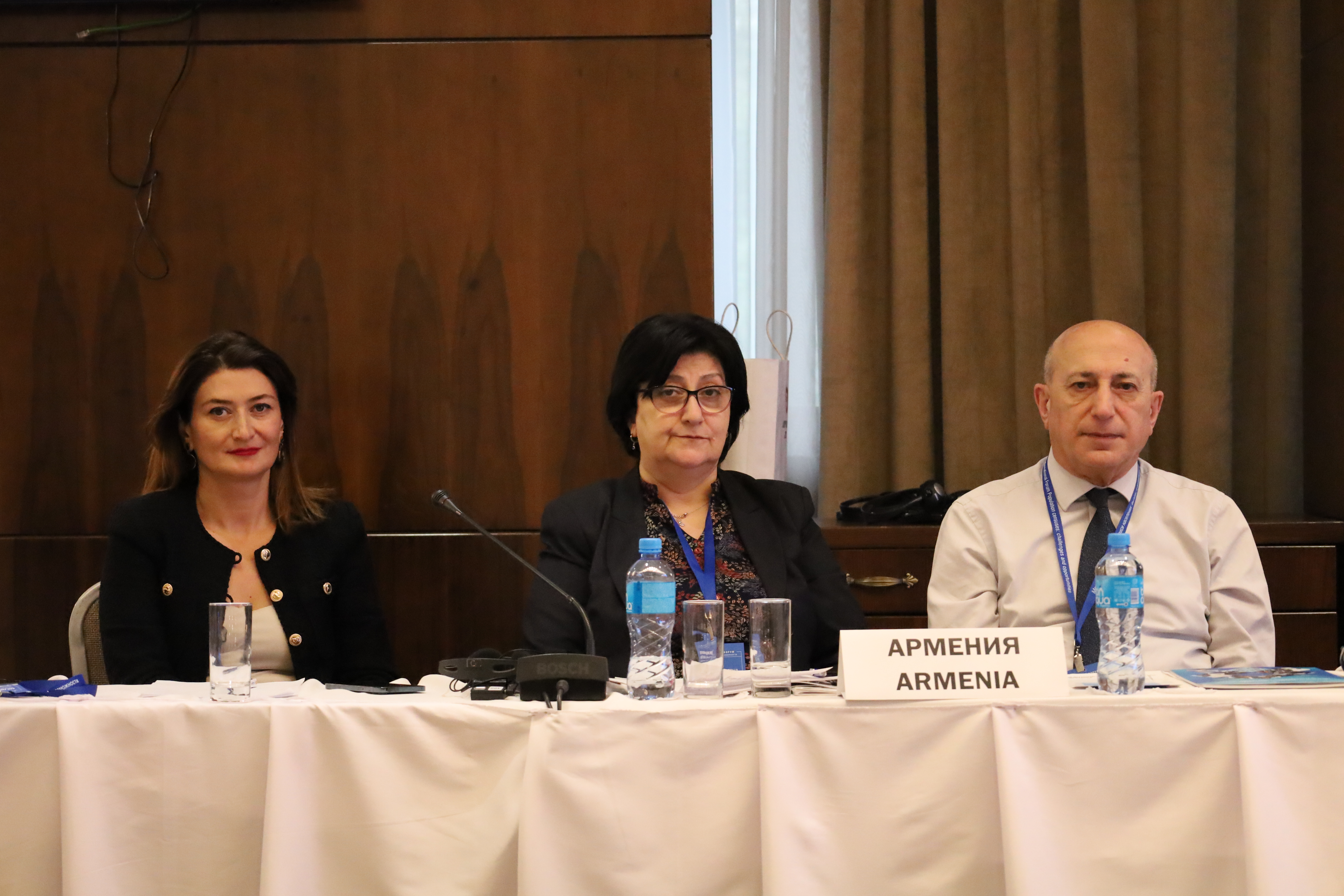
The Armenian delegation consisted of Stepan Mnatsakanyan, the Head of the Statistical Committee of Armenia, Karine Kuyumjian, the Head of the Population Census and Demography Department of the Statistical Committee, and Tsovinar Harutyunyan, UNFPA Armenia Head of Office.
Karine Kuyumjian presented Armenia's experience of conducting a census through population registers. Our delegation answered the questions of the participants.
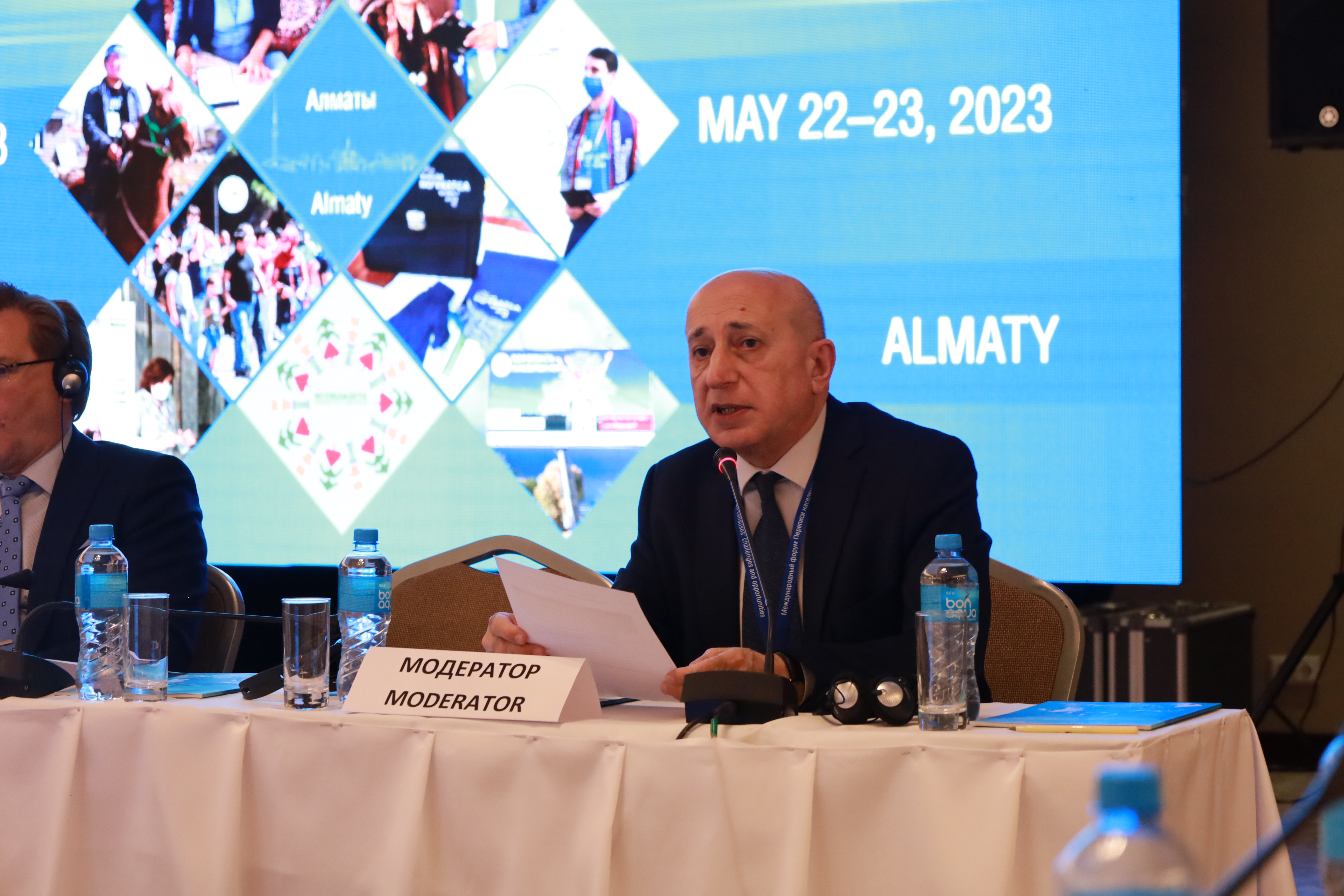
The Forum was organized by the Bureau of National Statistics of the Agency for Strategic Planning and Reforms of the Republic of Kazakhstan, the Interstate Statistical Committee of the Commonwealth of Independent States (CIS-Stat), and UNFPA.
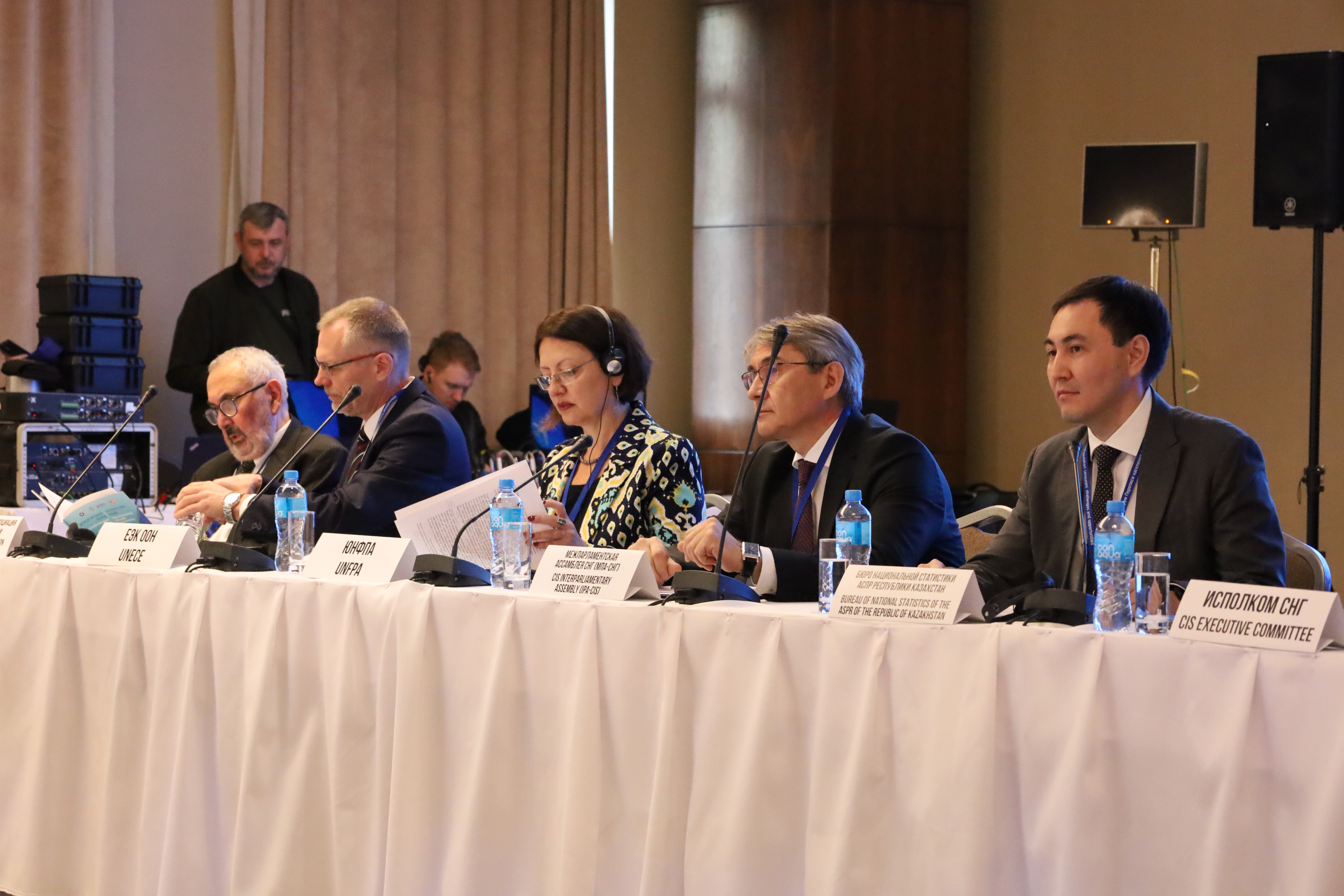
In conclusion, the forum served as a practical platform for sharing knowledge and expertise on census planning, preparation, conduct, and analysis. By capitalizing on the lessons learned from the 2020 census round, participants were able to enhance their understanding and proficiency for the forthcoming 2030 round. This exchange of knowledge not only contributes to the effectiveness of future census efforts but also supports evidence-based policy making, empowering decision-makers with accurate and comprehensive data for informed decision-making and targeted socio-economic development strategies.

